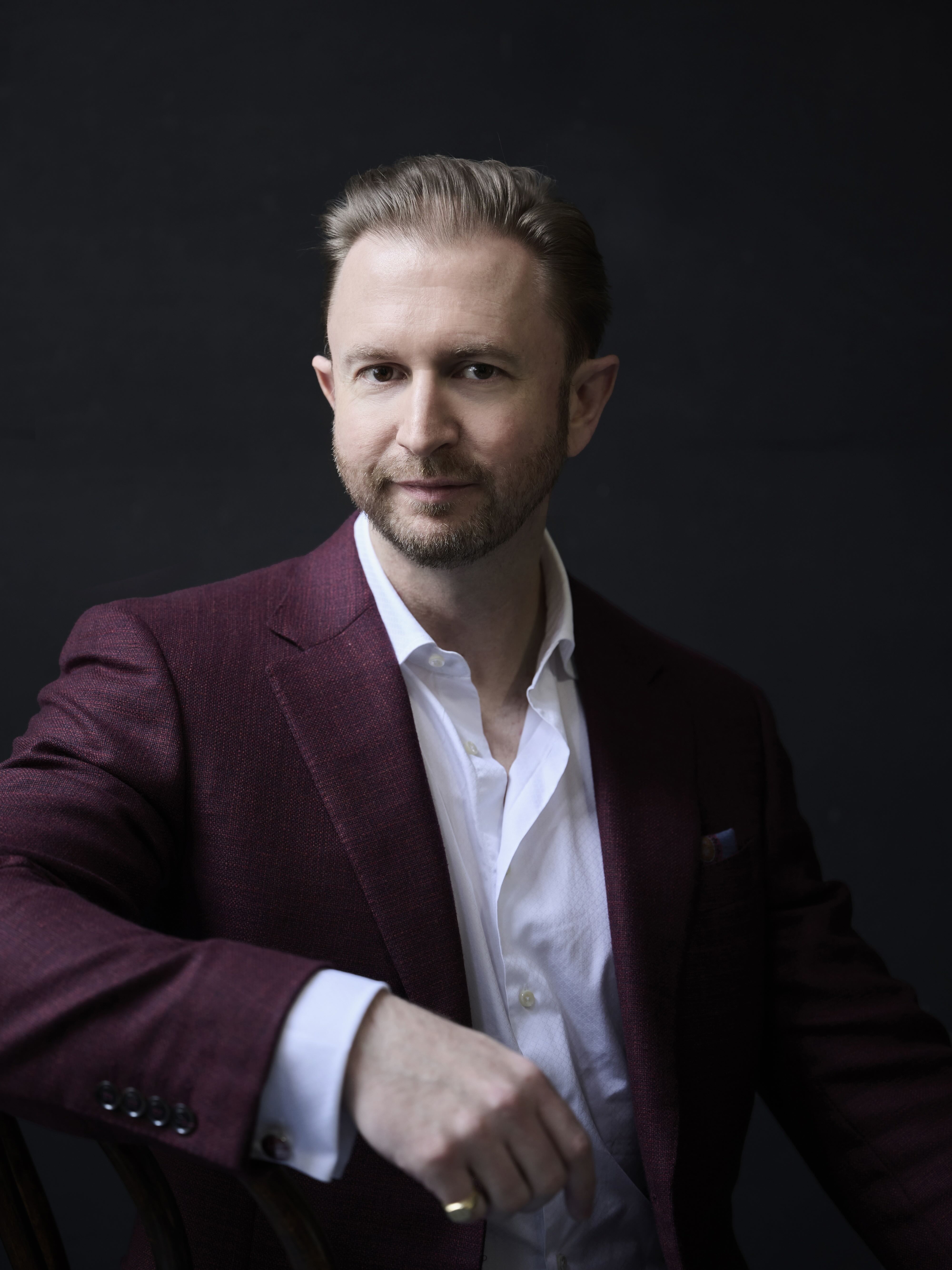
Imagine if you will: You are mourning your father, watching the smoke rise from a wood stove in a rural Guatemalan village. The grief in the air is palpable. You turn to your mother and say, in Mam, your Mayan language: "Nan, waji chix tuj Kytanum Meẍ," – "Mum, I want to go to the white men's nation," meaning, the United States. One year and four months later, you arrive in the San Francisco Bay Area carrying nothing but a photograph, a few family contacts, and your language.
For Aroldo—whose story was recounted by the BBC—Mam is not a relic of the past. It's a living medium of belonging, one that allows him to retain identity and community in a strange land. And herein lies our first clue: language is not just communication—it is coordination, recognition, and power. Strip it away, and people disappear from view.
Organisations, especially those aspiring to high(er) performance, suffer from the same invisible erosion when shared language is missing. Despite mission statements, alignment workshops, and team-building exercises involving an alarming number of sticky notes, we often find people talking past each other, rowing in different directions. Worse, some row diligently without even knowing the boat has changed course.
Language Is a System of Visibility
The first thing to understand is that language is not neutral. It reveals or conceals. It can include people in a conversation—or erase them from it. When the U.S. government lumps all Central American migrants under the label 'Hispanic', it creates a monolingual, monocultural fiction. In reality, Mam and K'iche' speakers bring not just different tongues, but distinct social experiences, historical lessons, and community needs.





